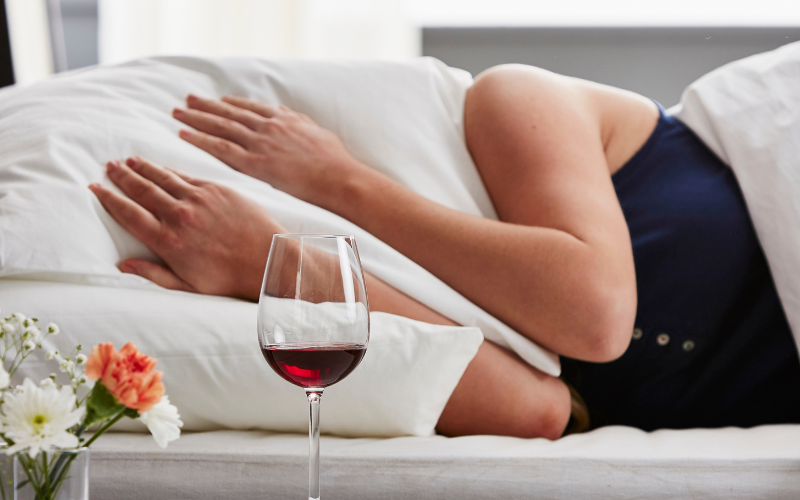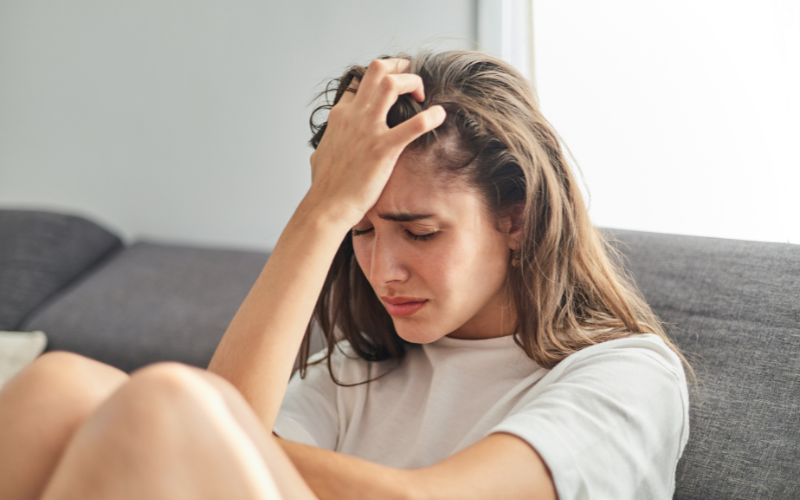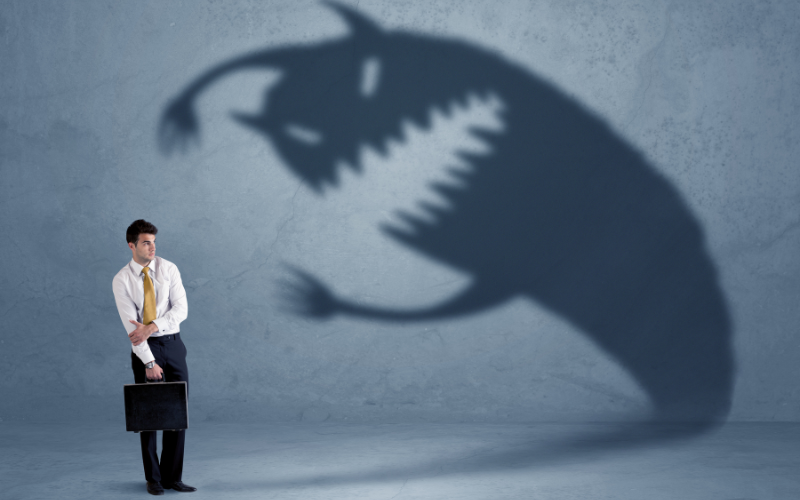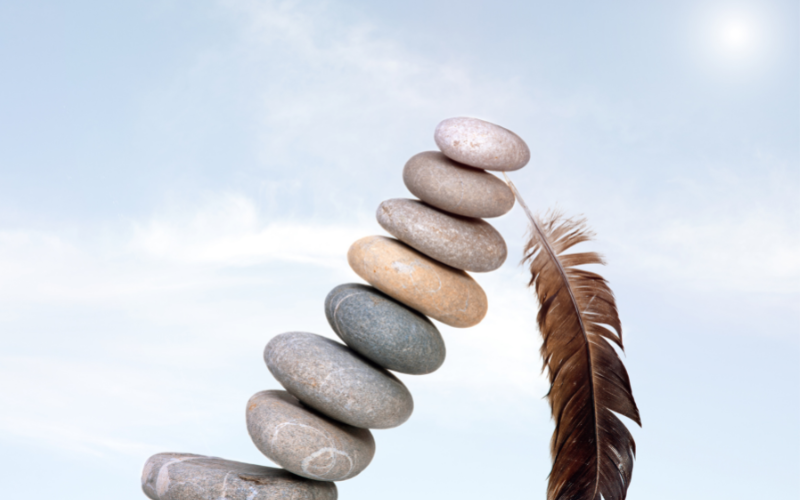Alcohol anxiety, a prevalent condition affecting numerous individuals, particularly those who regularly consume alcohol, is a subject of interest. Despite the fact that alcohol is frequently utilized as a means of unwinding and decompressing, some individuals experience feelings of anxiety as a result of alcohol consumption, which can make it arduous for them to enjoy social gatherings or even their day-to-day routine. In the ensuing article, we will delve into the underlying factors of anxiety after drinking, its accompanying symptoms, as well as the diverse range of treatment options that are accessible to aid in managing this condition.
What is Alcohol Anxiety?
Alcohol anxiety, a designation used to characterize the sensation of anxiety and unease that some individuals encounter after partaking in alcohol consumption, is a form of hangxiety that is not officially recognized as a medical condition, but is still a shared experience for a significant number of people.
What Causes Alcohol Anxiety?
There are several factors that can contribute to anxiety after drinking, including:
- Genetics, for instance, can play a role in the susceptibility to developing anxiety after drinking, as some individuals may have a genetic predisposition to anxiety.
- Alcohol tolerance, which can build up after regular consumption, may lead to heightened anxiety levels when imbibing.
- Withdrawal symptoms, a common phenomenon experienced by frequent drinkers when they stop consuming alcohol, may also cause anxiety.
- The symptoms, such as nervousness and restlessness, can be both physically and mentally distressing, potentially resulting in anxiety.
- Psychological factors can also lead to anxiety after drinking, with hangxiety and depression being triggered by drinking, creating a vicious cycle of alcohol consumption to cope with anxiety and consequent anxiety.
What are the Symptoms of Alcohol Anxiety?
The symptoms of alcohol anxiety can manifest in varying degrees, with different individuals experiencing different combinations of symptoms.
Among the common symptoms are:
- nervousness and restlessness
- an increased heart rate, sweating
- trembling or shaking
- nausea or vomiting
- insomnia or difficulty sleeping
- panic attacks, which can occur suddenly and without warning

How is Alcohol Anxiety Treated?
Alcohol anxiety is a condition that can be treated through a variety of effective approaches. Among these approaches, cognitive behavioral therapy (CBT) stands out as a key treatment option. CBT targets negative thought patterns that may be driving anxiety, helping individuals to identify and modify them.
Another avenue for treating anxiety after drinking is through the use of medications. Anti-anxiety medications, including benzodiazepines and beta-blockers, are frequently prescribed to alleviate symptoms of anxiety. By targeting the physiological symptoms of hangxiety, these medications can provide relief and improve quality of life for those experiencing alcohol anxiety.
In addition to these more traditional treatment options, making changes to one’s lifestyle can also be effective in managing alcohol anxiety. For example, modifications to diet and exercise routines can have a significant impact on anxiety levels.
Reducing alcohol consumption is also recommended, as excessive drinking can exacerbate symptoms of anxiety.
Finally, support groups can provide an invaluable source of assistance for individuals grappling with anxiety after drinking alcohol. Alcoholics Anonymous and similar organizations offer a safe and supportive environment where people can connect with others facing similar challenges. By sharing experiences and working together, individuals can develop the skills and strategies needed to effectively manage their anxiety and live healthier, more fulfilling lives.

FAQs:
Is the phenomenon known as “alcohol anxiety” a legitimate medical affliction?
Though not a formally recognized ailment in the medical community, alcohol anxiety is an experience frequently reported by those who imbibe alcohol with some regularity.
Can alcohol anxiety be remedied?
While a cure for alcohol anxiety remains elusive, an array of treatment options exist to mitigate symptoms. These remedies may include therapy, medication, modifications to lifestyle, or participation in support groups.
Is it feasible to consume alcohol without becoming anxious?
The effects of alcohol consumption can manifest differently among individuals, with some experiencing little or no anxiety while others may be prone to its onset. Given these variances, it is vital to monitor personal responses to alcohol and, if necessary, seek assistance from qualified professionals in addressing symptoms of hangxiety.
Conclusion:
As a prevalent phenomenon affecting many regular drinkers, alcohol anxiety warrants understanding of its root causes, symptoms, and potential treatments. If symptoms of alcohol anxiety emerge, consulting with healthcare providers to develop effective treatment plans becomes paramount.




